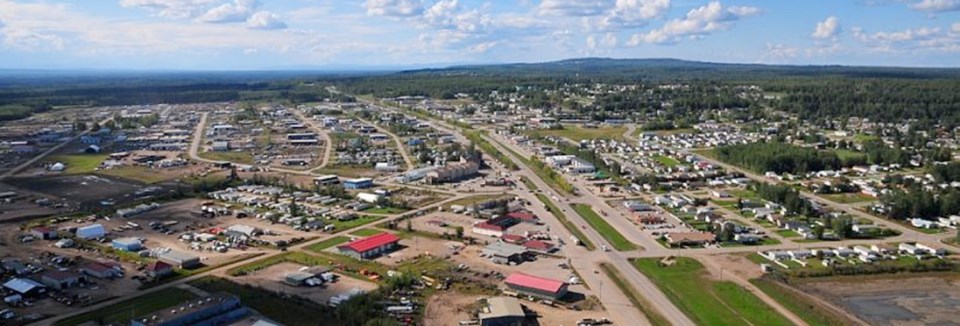The B.C. NDP’s latest speech from the throne and budget painted rural communities and resource development in few broad strokes, but Premier John Horgan followed it up by noting one important change coming to forestry rules in the province.
Horgan says his government plans to restore appurtenancy rules that tie timber harvests to processing at local mills. The rules were eliminated by the B.C. Liberals in the early 2000s and devastated economies in forestry dependent communities in rural B.C., including Fort Nelson, as mills shut down and processing went elsewhere deemed more profitable. Restoring the rules is part of a move to “revitalize the forest industry’s social contract with British Columbians," the government noted in its throne speech.
“We have lost, I believe, the connection between resources and communities over the past number of years,” Horgan told Vancouver Sun columnist Vaughn Palmer in a follow-up last week, confirming the government plans to restore the rules. “I want to re-establish that relationship. I want to make sure that every log that is taken from a public forest, the benefit is maximized to the people in the community.”
It’s a move that has Bill Streeper, mayor of the Northern Rockies Regional Municipality, pleased. Since the NDP took office last summer, the municipality has been working with forests minister Doug Donaldson to restore the rules, Streeper said.
“We explained the whole Fort Nelson situation completely, from stump to dump,” Streeper said. “He completely understood it … what was happening, what it was doing to the community, and the major effect it was having on our economy.”
Fort Nelson has been working to rebuild its forestry sector since a pair of timber processing plants closed more than a decade ago, after appurtenancy was eliminated. Oil and gas exploration and drilling filled the gap for a time, but a downturn in that industry has put the town in “very grave hardship,” Streeper said.
“We are, as council, trying to create jobs,” he said. “In the oil and gas industry there’s nothing at all on the horizon in that. It’s something we don’t have any control over. Forestry we do have some input into.”
The municipality has rich mixed stands of spruce and poplar, and harvesting licences that aren’t being used. Investors are looking to restart the shuttered OSB mill at the same time the municipality works with the Fort Nelson First Nation on a community forest licence to help feed it.
But, you can’t log one tree without the other, Streeper said. While the OSB plant could take the poplar, the spruce would still need to be shipped out while the municipality develops a long-term plan to build a sawmill to take it.
“You can shut a mill down overnight but you can’t start one up overnight,” Streeper said.
Ninety-nine per cent of the community forest plan is in place, Streeper said, with ongoing talks on the working relationship between the municipality and the First Nation. They hope to submit their application to the province this spring, and smaller, private operations are also interested in timber from that licence, Streeper said.
“Hopefully upon awarding we can get that going pretty quick,” he said,
“As council we are trying to pull out all the roadblocks we can to get somebody interested and create jobs pretty well immediately.”
Rob Fraser, chair of the Northeast B.C. Resource Municipalities Coalition, said the province's signal to restore appurtenancy was good news for rural and remote communities.
Fraser, also the mayor of Taylor, said his municipality was among the first to lose its mill, operated by Canfor, after the rules were eliminated. The wood instead went to the company's mill in Fort St. John, he said.
"It didn't hurt us that badly from a jobs perspective because Fort St. John swallowed up those jobs, but it did hurt us from a tax base perspective, and as an economic driver of the community."
Without appurtenancy, wood could be shipped anywhere for processing, leading to "super mills" being established in bigger communities while small communities dried up as they lost their mills in the process.
The "politics of wood" also includes stumpage rates, the fees timber harvesters pay the province for logging, Fraser said, and in which appurtenancy plays an important role.
The further away wood is from a mill, the less stumpage is paid, Fraser said, lowering the value of that wood to the province. Cheaper stumpage allow companies to subsidize the cost of transporting their timber to mills.
"Appurtenancy makes all that go away," he said.
The coalition, a research and advocacy group formed in 2014 to represent the interests of local governments in resource development issues, has had the two issues on its radar to study as part of its strategic plan. But much work still needs to be done, Fraser said.
"We're planning to make an effort to research it, understand it really well, and understand what the change needs to be," Fraser said.



